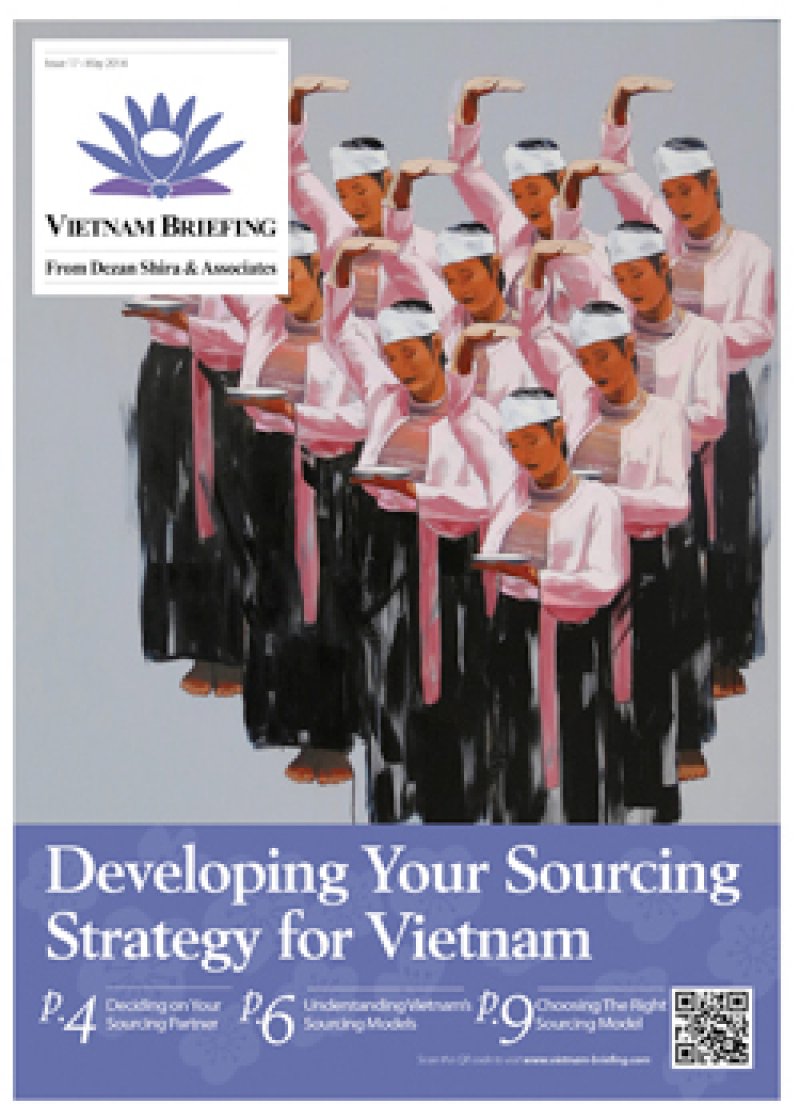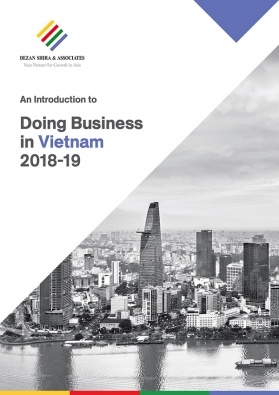Vietnam: Asia’s Best Sourcing Destination
Why should companies consider Vietnam as their sourcing destination and not somewhere else in Asia?
Op-Ed Commentary: Alberto Vettoretti
There are a number of key advantages that make Vietnam stand out from the rest of Asia. Unlike many other countries in the region, Vietnam’s government is very stable and committed to seeing the country grow. Consumer confidence is strong and improving. Additionally, domestic consumption is predicted to increase 20 percent per year, thus creating a strong local market for foreign products.
Labor costs are currently 50 percent those of China and around 40 percent of those reported in Thailand and the Philippines. The country’s workforce is seeing an annual increase of 1.5 million people, and its workers are young and, increasingly, highly skilled.
The country also has improving infrastructure and remains a low cost manufacturing hub that provides good financial incentives to foreign companies. An abundance of natural resources is also helping to fuel the manufacturing boom in the country. Additionally, general costs of doing business, such as rent and utilities, are among the lowest in Southeast Asia.
Importantly, Vietnam is a member of ASEAN, the Association of Southeast Asian Nations, which is an incredibly significant market with a combined population of over 600 million people and a combined GDP of about US$2.1 trillion.
Finally, with its strong connections both in the Asia region and in the West, Vietnam is well positioned for any company pursuing a China +1 strategy.
What is the importance of Vietnam’s free trade agreements (FTA)?
Vietnam has a number of free trade agreements, but those of particular interest to foreign companies are its FTA with ASEAN and ASEAN’s FTAs with India and China. This means that if a company is manufacturing a product in ASEAN that fits into either China or India’s free trade agreements, the product can be exported to either of those markets duty free.
Vietnam is also finalizing negotiations for an FTA with the EU. Furthermore, with ratification of the Comprehensive and Progressive Agreement for the Trans-Pacific Partnership (CPTPP) concluded, the country will have tariff free access to some of the largest markets in the world.
Additionally, when the Regional Comprehensive Economic Partnership (RCEP) negotiations conclude, Vietnam and the ASEAN trade bloc will also be able to participate in free trade with China, India, Japan, South Korea, Australia and New Zealand. Because of this, the RCEP is set to be a really exciting opportunity for foreign companies.
The emergence of Vietnam as one of the world’s fastest growing economies is having a significant impact upon shaping the future of foreign investment into Asia. While in the mainstream media the country is often overlooked in favor of China business news, Vietnam is now emerging as a serious alternative to China, and is in fact following roughly the same growth trajectory that China embarked on twenty years ago. Today, it is Vietnam, not China, which is the developing market of choice for many investors.
About Us
Vietnam Briefing is produced by Dezan Shira & Associates. The firm assists foreign investors throughout Asia from offices across the world, including in Hanoi and Ho Chi Minh City. Readers may write to vietnam@dezshira.com for more support on doing business in Vietnam.
- Previous Article Samsung to Build US$1 Billion Plant in Vietnam
- Next Article Foreign Firms Dominate Vietnam’s Advertising Market































